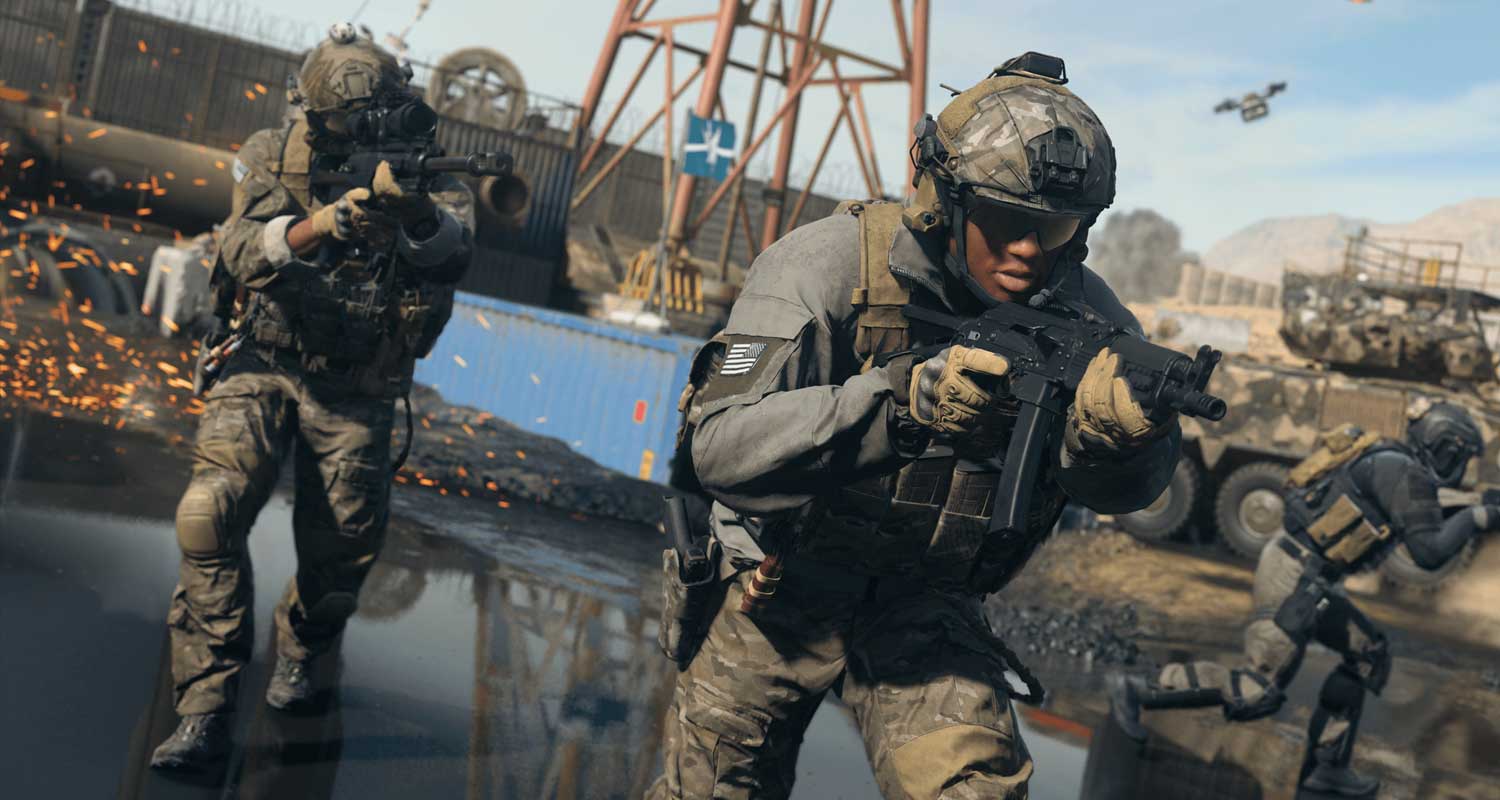
Microsoft headed into a showdown with European Union antitrust watchdogs by insisting its US$69-billion (R1.3-trillion) takeover of Activision Blizzard will “bring more competition” for gamers but pledging to show willingness to address antitrust concerns.
“I think we’ll make clear that our acquisition of Activision Blizzard will bring more games to more people on more devices and platforms than ever before,” Microsoft president Brad Smith told reporters ahead a closed-door hearing in Brussels.
“We’re more than willing, given our strategy, to address the concerns that others have, whether it’s by contracts, like we did with Nintendo this morning, or whether it’s by regulatory undertakings, as we’ve consistently been open to addressing,” Smith said.
He was referring to the signing of a 10-year agreement with Nintendo that “will bring Call of Duty to Nintendo devices”. Microsoft last year already publicly offered to give other rival Sony Group a similar licence for the blockbuster game.
The EU hearing, with dozens of lawyers, officials and rivals, comes just two weeks after Britain’s merger regulator provisionally found that the deal could substantially harm competition in gaming consoles and cloud gaming services in the country. That raised questions about the viability of the transaction that’s also under attack in the US over fears Microsoft could make it harder for rival platforms to access Activision’s most popular titles.
Microsoft recently received the EU regulators’ initial findings in a so-called statement of objections, laying out the bloc’s key concerns about the deal, according to people familiar with the review.
Not enough
In the UK, it’s clear already that licensing alone won’t be enough to convince its watchdog. The Competition and Markets Authority this month suggested a number of structural remedies that include the divestiture of the business associated with Call of Duty, the Activision part of the business or blocking the merger altogether.
In the EU, the SO and this week’s hearing, which also includes Activision CEO Bobby Kotick, will set the path for the kinds of formal remedies Microsoft will have to submit in the coming weeks. The EU aims to finalise its review by 11 April.
The UK probe, which has focused on whether the deal will allow Microsoft to foreclose on rival console gaming platforms and cloud gaming service providers, is set to conclude by 26 April. In the US, the Federal Trade Commission is locked in a lengthy legal process after formally suing to veto the transaction.
Read: Microsoft’s gaming ambitions hobbled as US seeks to block Activision deal
Microsoft has repeatedly said it has no plans to make Call of Duty exclusive. The software giant has offered to keep Call of Duty on PlayStation for several years and a similar deal to Nintendo for its Switch console. Microsoft Gaming CEO Phil Spencer maintains that the company’s plan is to seed its content across as many screens and systems as possible. — (c) 2023 Bloomberg LP




